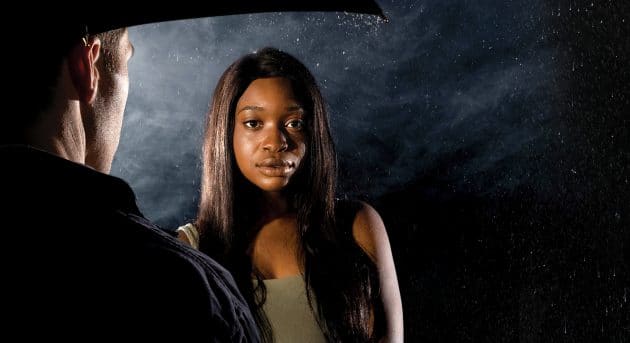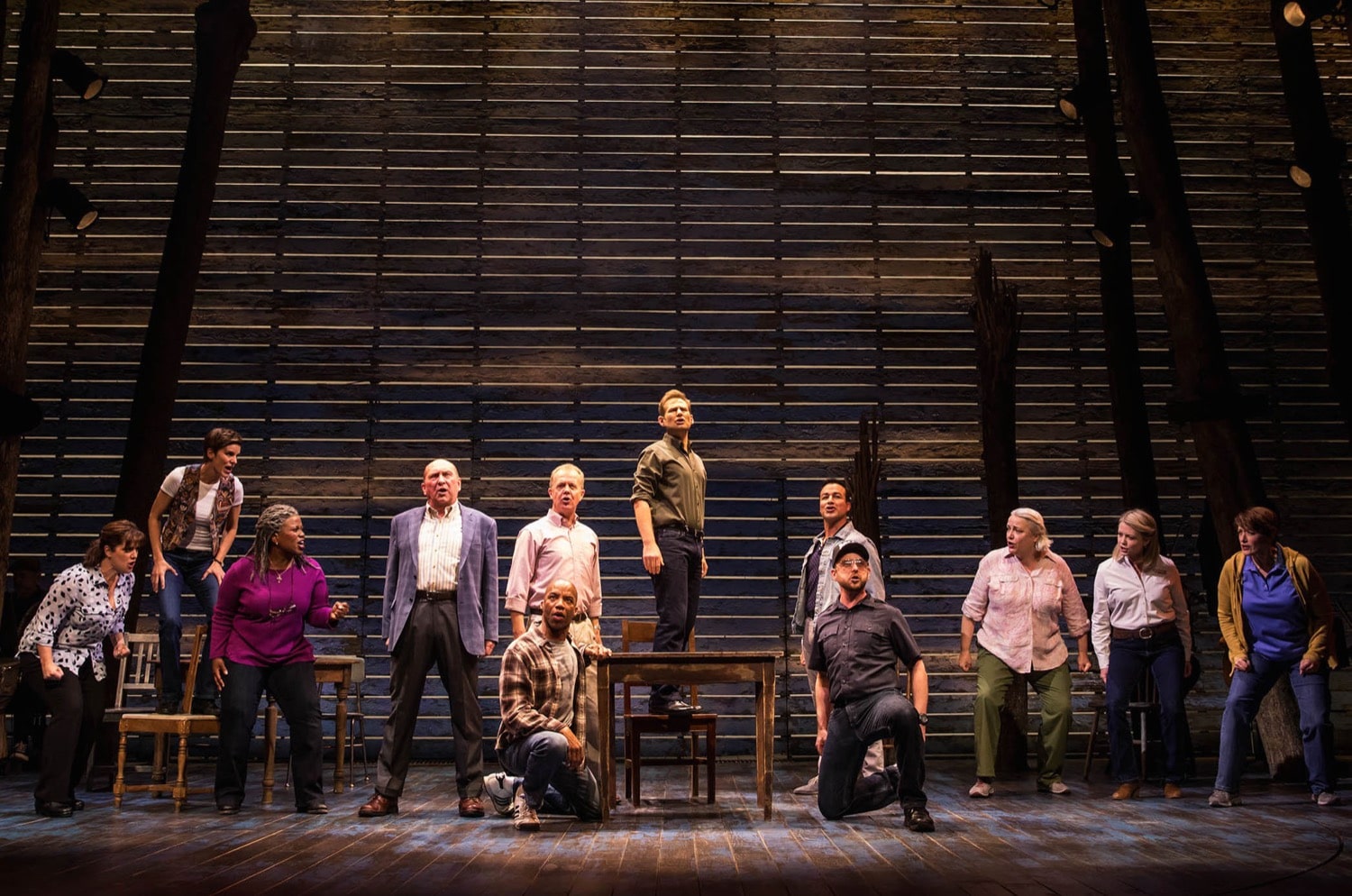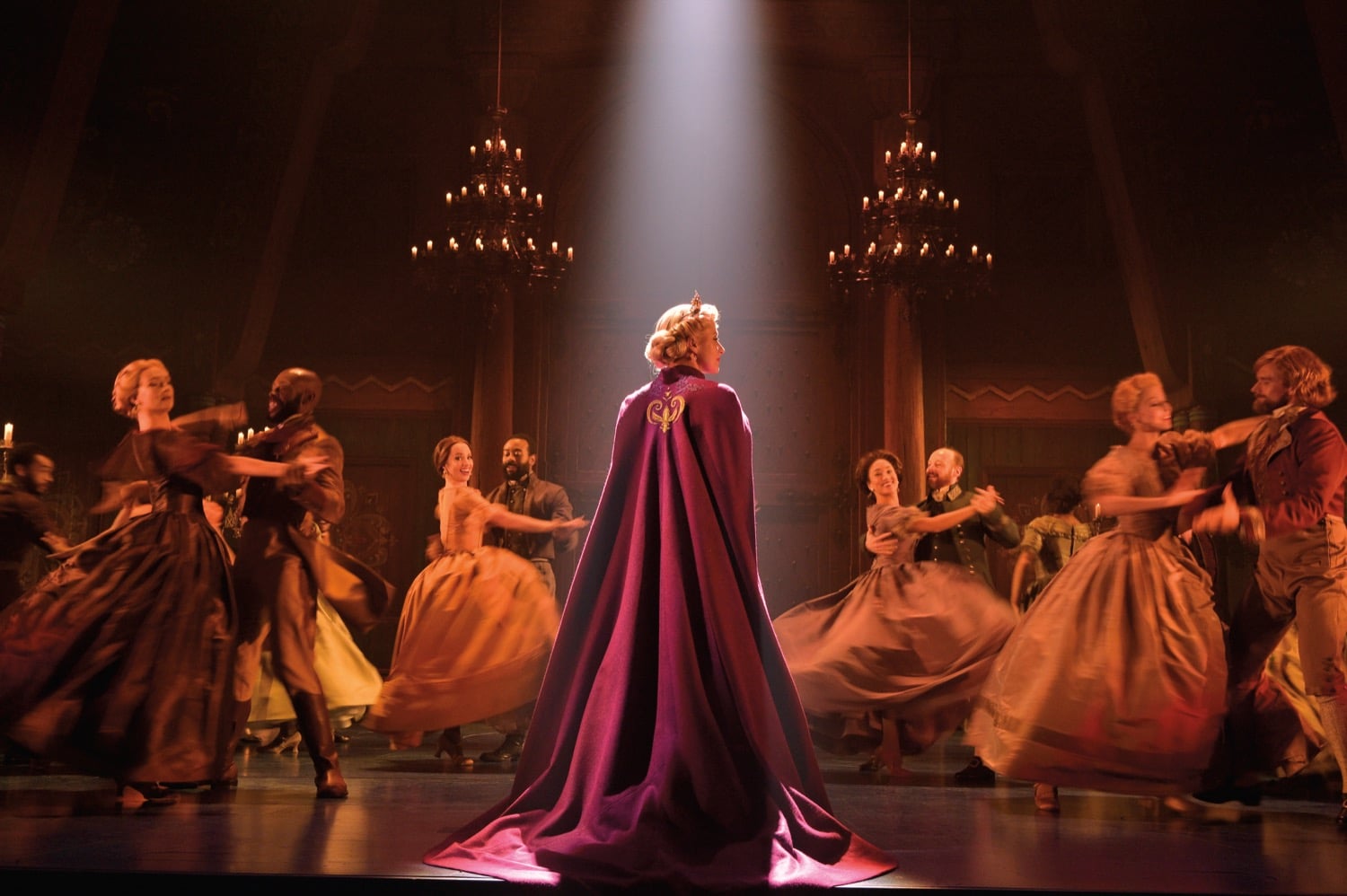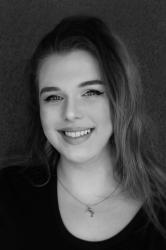Tyran Parke chats about WHEN THE RAIN STOPS FALLING
Andrew Bovell’s When The Rain Stops Falling is undeniably an Australian classic.
Written in 2008, it has won a plethora of awards both nationally and internationally, including a Louis Esson Prize for Drama, a Sydney Theatre Award, 2 Green Room Awards, 4 Non-Equity Jeff Awards, and 5 Lucille Lortel Awards. The inaugural production for Clovelly Fox Productions, the play spans multiple decades and continents, explores themes of abandonment and betrayal, and is more relevant now than ever.
Clovelly Fox is a new Melbourne-based company that aims to present original and existing work in new ways. They collaborate with artists and emerging creatives to explore and present unique and sophisticated theatrical experiences.

As Artistic Director of Clovelly Fox, Tyran Parke brings a wealth of experience. Most recently, he directed the acclaimed production of Barnum starring Todd McKenney and Rachael Beck. Previous play direction credits includes Thom Pain, The Laramie Project, Great Expectations, and Proof; and musicals such as Follies, Ordinary Days (Green Room Award – Best Director) Big Fish (Broadway World and Glugg nominations), and Falsettos (Green Room Nomination). As a performer, he has tackled roles such as George in Sunday In The Park With George, Jonathon in Tick Tick Boom, Rolf in The Sound of Music, Kodaly in She Loves Me, and Frank in Mack and Mabel. He is on the advisory committee for New Musicals Australia in Sydney and Homegrown in Melbourne, and is the current Head of Music Theatre at the Victorian College of the Arts.
Tyran will be directing When The Rain Stops Falling, and I had a chat with him about what audiences can expect from this fresh interpretation of the show.
Are you excited to be directing such an iconic piece of theatre?
Excited is not the word. There are few occasions in my working life where the things you want to say about the world are delivered through the text you are lucky enough to be working on. When you all connect with a writer on that level, the exploration is endless. I’m excited about the ideas of the play that I feel are only getting more and more timely. I’m excited about presenting it through a brand-new company (Clovelly Fox Productions), designed to engage with audiences in a different way. I’m excited about the phenomenal cast and the challenge of working a piece of ‘magic realism’ with audience in the round and all sitting in non-theatre seating, I’m excited about the design… Did I mention I’m excited?
When The Rain Stops Falling was written in 2008 and has been staged countless times, both in Australia and internationally. Why do you think people resonate with the piece so much?
I think the piece is only gaining relevance as the years go by. It is a piece about what it is to reconcile, and I think as the world gets ‘harder’ and more self-protective, we are losing the ability to apologise with grace. The play is about family, and everyone has one of those and everyone has some unresolved aspect of that. I also think as television and streaming and technology separate us, this is a play about connection- often across time- and it’s a story that can only be experienced fully in the theatre.
It is a story about stories and the structure of the piece, which covers several generations from the 1960’s to 2039 at the same time, make it resonate in epic proportions. It’s also magic. Fish fall from the sky. It snows on Uluru. A character offers forgiveness from a misdemeanour generations earlier. That’s exciting theatre. And of course, there is the environment. There is no way Andrew Bovell could have known how prophetic his play was going to be. The story is about how we hide things and leave the mess for others (often children) to clean up and the metaphor for that is the environment.
Bovell’s plot discusses the world in a climate emergency – do you think that it’s important for theatre to reflect political issues?
I don’t think the theatre can avoid it. The world is necessarily getting more and more political and the theatre has a responsibility to speak to that. It’s impossible to tell a story without understanding your politics around it. And, in this current climate, everything has a political resonance, whether we like it or not. A lot of my job as a director is looking at what texts mean against the current political backdrop. The world has changed dramatically in the last ten years and theatre needs to speak to that in order to be relevant. What’s great about Andrew’s writing is that it was always ahead of its time and now its’ time has come. And the play emerges in a new way because of what’s happening around us and what we are now conscious to. For instance, when I was studying the play, I realised the final apology in the story would have much greater resonance if I cast a young indigenous actor in a particular role. The more time goes on, the more we learn and the more this play seems to reveal itself.
The play is set across two different continents and over multiple time periods – has this been challenging to approach as a director?
Sure, but I think it’s a challenging play for everyone, regardless of setting and I’m excited by that – in fact, I’ve thrown in a few of my own challenges as well. Andrew’s script is often ambiguous. He asks the audience to engage actively in order to understand the resonances. I’ve enjoyed the challenges of balancing ‘clarity’ while keeping that ambiguous nature. The audience are on a mission to ‘piece’ the play together and it’s a play that I think lands emotionally before it is necessarily understood intellectually. Also, because I don’t believe in programming an all Caucasian play, I have set a further diversity challenge whereby different actors, playing the same role in different stages of the character’s life, are visually separated by appearance. It’s 2020, I think we can ask audiences to explore character and story through craft, not having people ‘look’ alike. I also think we can all feel like different people in different parts of our lives. Ten years ago, I wasn’t even a director. 2010 Tyran was a different person, and I think we can be cleverer in depicting the same character on stage than whether the actors ‘look’ alike. These kinds of ideas excite me as a director and this pay provides a great platform to explore them.
Why should audiences come and see When The Rain Stops Falling?
It is a great story, presented in a new way. It feels like it is the start of something special. ‘Clovelly Fox’ has already become home to actors who are both established and emerging, who want to contribute creatively to a story. I feel so amazingly fortunate to work with them and pave the way for the future where important stories are presented in new ways.
Also, come to see the marvel of Grant Piro master the opening monologue. Breathtaking.
When The Rain Stops Falling runs from April 2 – 11 at Space 28 (28 Dodds Street, Southbank).
Tickets and more information are available at www.clovellyfox.com/when-the-rain-stops-falling




